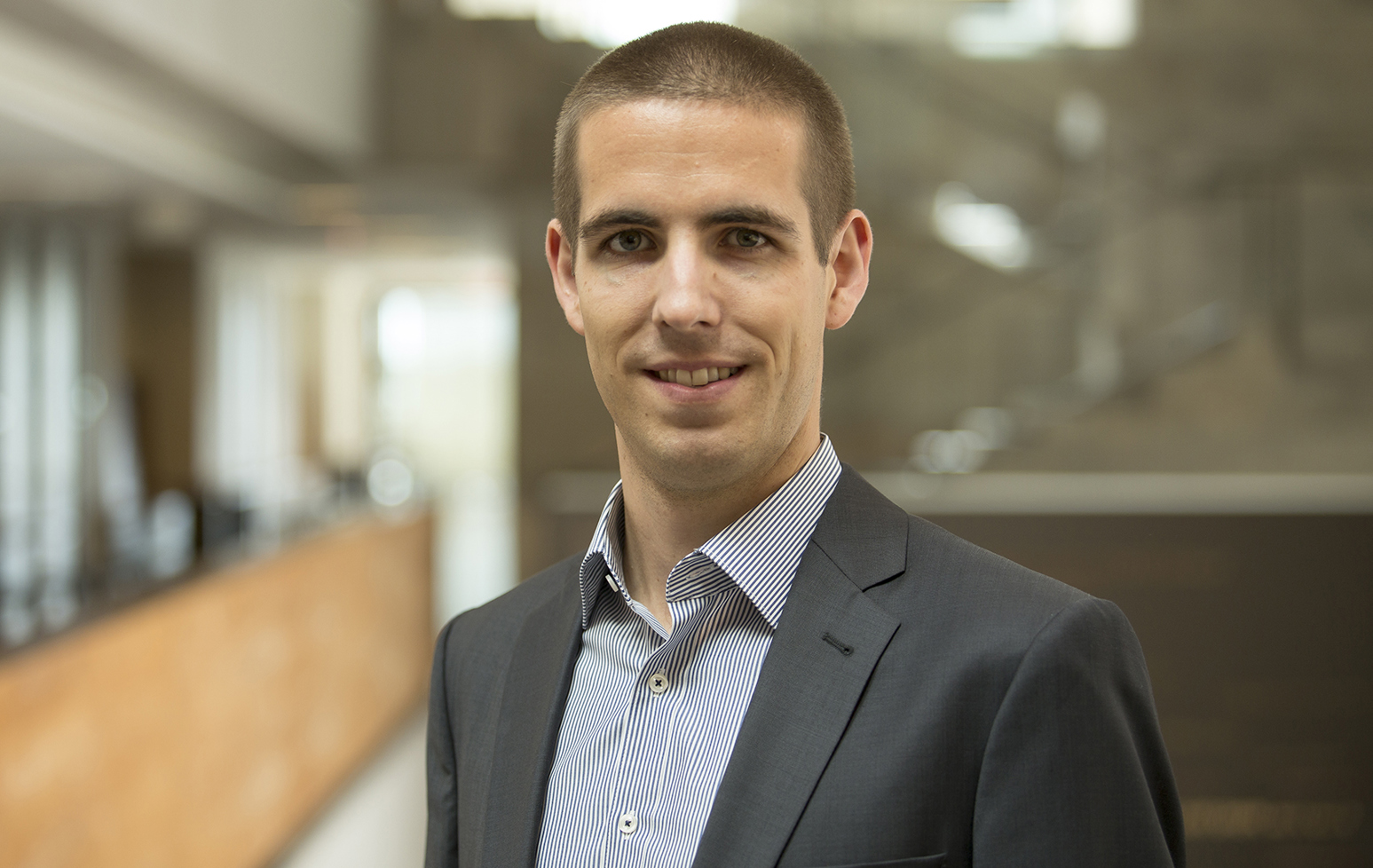Although digital firms might think they’ll have an easier time expanding internationally than their bricks-and-mortar counterparts, the key to success for either group is a well-researched global strategy.
Maximilian Stallkamp, PhD ’18, won the Emerald Best International Dissertation Award at the Academy of Management’s recent annual meeting for his research on the different types of challenges multinational enterprises and digital firms have when going international. His research was also a finalist for the Peter J. Buckley & Mark Casson AIB Dissertation Award.
Stallkamp, who is now an assistant professor of Management at Virginia Tech’s Pamplin College of Business, won the award for his Ivey PhD dissertation, Subnational, regional, digital: Contemporary Perspectives on the Internationalization of Firms, which explored two areas related to international business:
- Location choices – When firms go global, they may consider which country to enter, but not as much thought goes into which specific location within a country, such as a densely populated big city or in the periphery. Firms need to do more research on the location choices within a country and how they’ll adapt for those markets; and,
- Digitalization – Putting your product in an app store or on your website doesn’t mean you’ll have instant global success. Traditional international business concepts, such as investigating cultural differences and regulations, still apply for digital firms.
“I think my overall contribution was to say that going global is actually a lot more complicated than you think and there are a lot of factors to consider,” he said. “There are human factors and differences between locations, cultural or regulatory, and you need international managers who understand those differences and can navigate them.”
Stallkamp said the award shows there is interest in this area and he is currently working on extensions of this research.
Real companies provide real-world insights
He credits his PhD supervisor, Associate Professor Andreas Schotter, as well as Ivey’s focus on real-world learnings, for helping him to create a well-rounded research project.
Related to this story
“One thing that was emphasized throughout my doctoral studies was that PhD students at Ivey have to go out and talk to people in the real world – you can’t just look at statistics. I used some connections through Ivey to get access to companies in London that I could interview, and that was motivating,” he said.
He also received support from the Ivey Alumni Network.
“There’s a whole family of PhD graduates who came before me. I met them all the time at various conferences and they gave me advice on my dissertation and career and that was super helpful,” he said. “I don’t think all schools have that to the same extent that Ivey does.”



